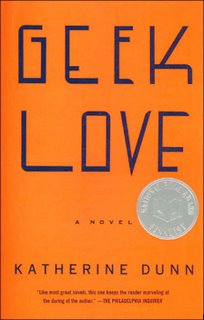The Perks of Being a Wallflower (Stephen Chbosky)
 Wallflower is technically a Young Adult/Teen novel. At least, that is what is laminated neatly onto the spine of the copy I checked out from the library. It’s the story Charlie, a high school freshman struggling with the normal pressures and overly dramatic situations of the teen years, a story told through Charlie’s letters to an anonymous someone. Since it was recommended to me by a good friend that I conquered that adolescent experience with, I figured it would be worth a try.
Wallflower is technically a Young Adult/Teen novel. At least, that is what is laminated neatly onto the spine of the copy I checked out from the library. It’s the story Charlie, a high school freshman struggling with the normal pressures and overly dramatic situations of the teen years, a story told through Charlie’s letters to an anonymous someone. Since it was recommended to me by a good friend that I conquered that adolescent experience with, I figured it would be worth a try.
In the end, I would say that it was. With simple phrasing and little vocabulary words (which did get a bit “Dick and Jane” in areas), Charlie does relate a compelling tale. It was a good book to not get out of bed with on a Sunday morning. At least, that’s what I did. I finished it up before finally getting my lazy ass up to complete a deadline for a story I was writing.
It was more than a trifle predicable. Charlie reads all the coming-of-age books in school—Catcher in the
The problem with modernization is that everything eventually becomes dated—the book’s multiple references to “mix tapes,” for example. The quality of the story has to outweigh those outdated elements and many of the stories Charlie reads in school do this well. Wallflower, however, will never be among those classics. While interesting and, yes, touching, it just doesn’t have the oomph. See oomph for further explanation or listen to Oomph! To be further confused.





